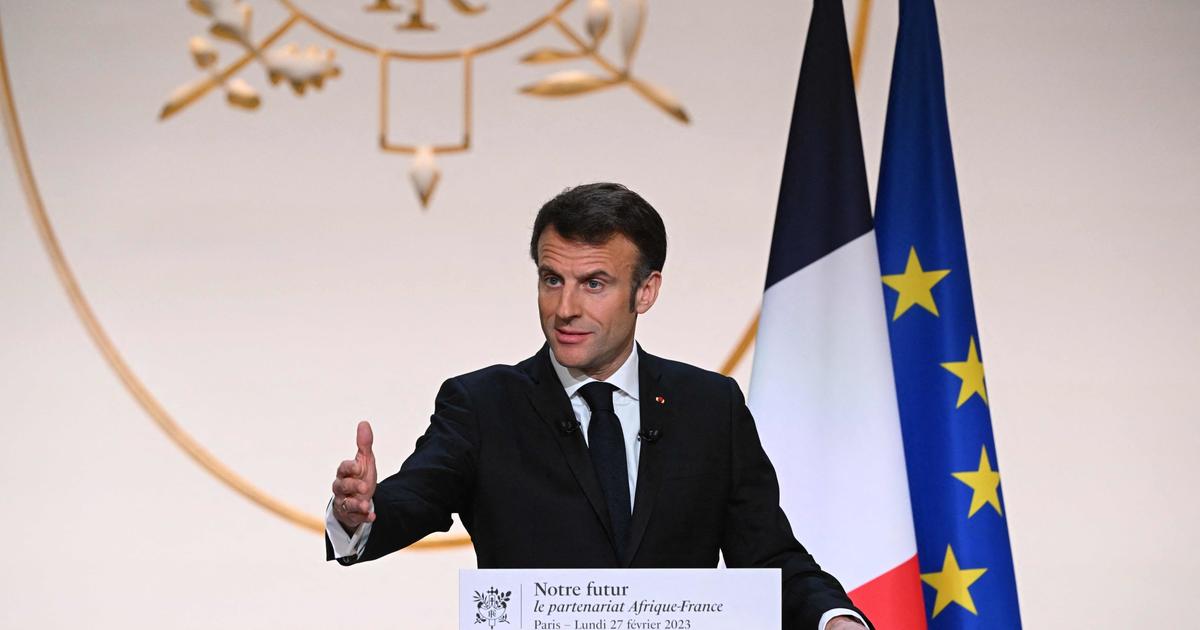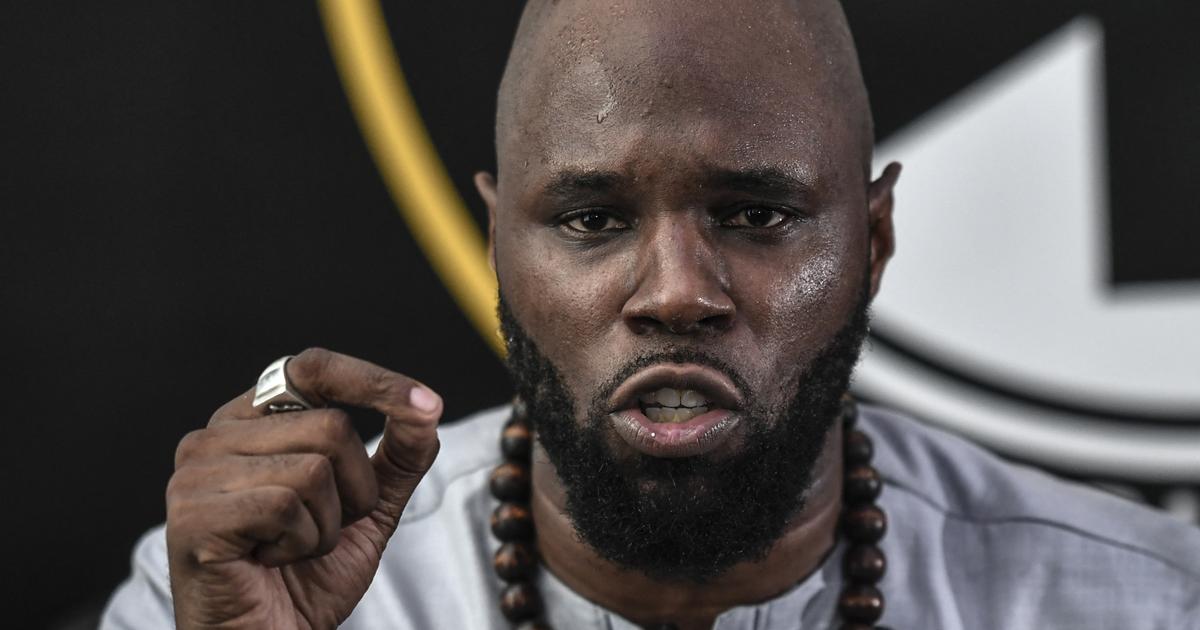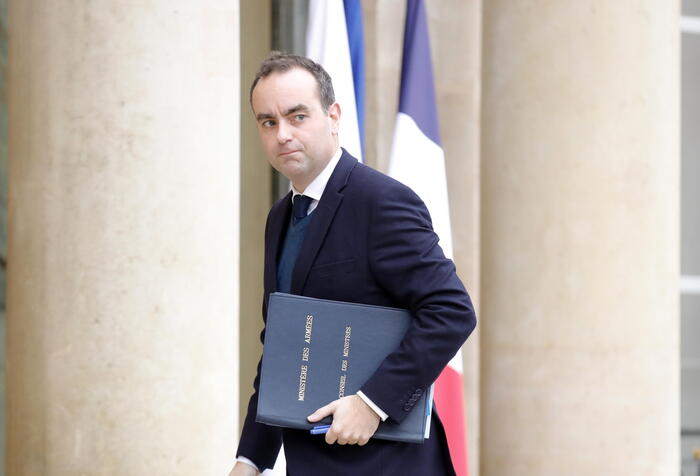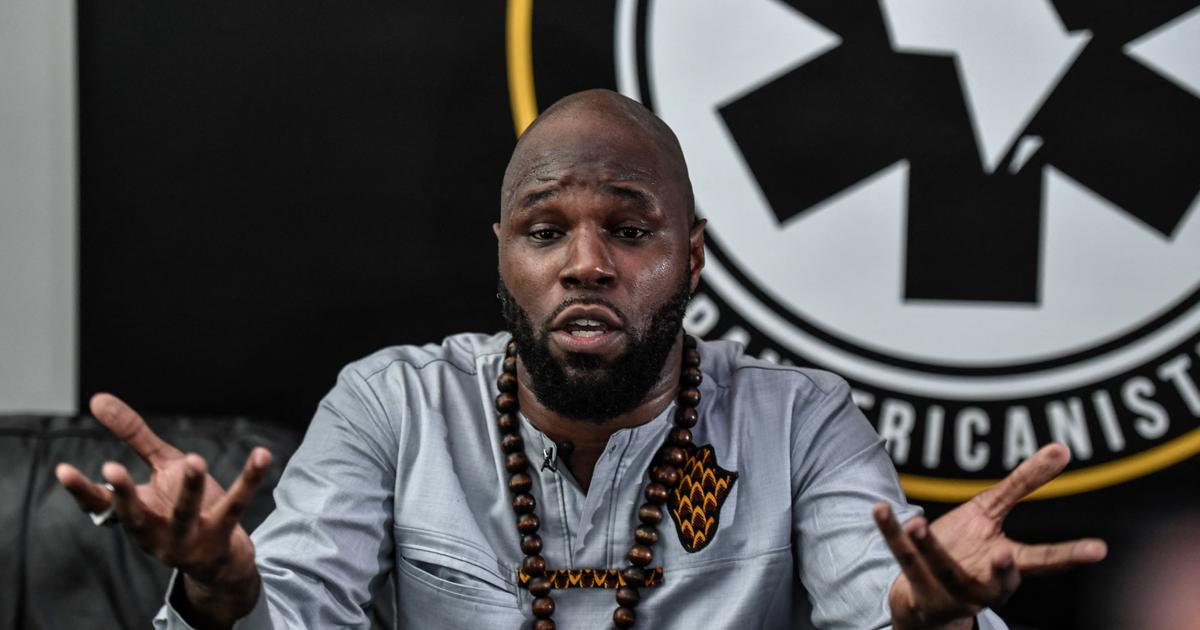Lova Rinel is an associate researcher at the Foundation for Strategic Research think tank.
THE
FIGARO.
- This Wednesday, February 29, Emmanuel Macron will take off for a tour of four Central African countries.
What can we expect?
Lova RINEL.
-
The issues are not at all the same in these four countries, so we can have different expectations for each visit.
Gabon, for example, is in full preparation for electoral elections, while Congo is close to a war with Rwanda.
Regarding , it is not a French-speaking country, so it is less linked to our history and requires a different reflection.
So what can be expected from President Macron depends on the circumstances.
In the Congo, we can hope for much more confident diplomatic support for the Congolese in the context of the conflict on the borders with Rwanda.
As a permanent member of the Security Council, we have a fairly strong obligation in terms of international security.
On the other hand, in Gabon, we can expect the president to be much more neutral during an election period.
He must avoid presenting himself as close to Ali Bongo.
We can also hope that he will take part in the forest summit in Libreville.
Emmanuel Macon must, in fact, promote an ecological policy, not only in France, but also in Africa, to enable this continent to follow the march in favor of the fight against climate change.
Russian propaganda is important in Africa, but it should not be overestimated.
Lova Rinel
For the Republic of Congo, the difficulty lies in the distance to be maintained with President Denis Sassou-Nguesso.
The latter is the African president, still in office, who has remained in power the longest.
He is a symbol of dictatorship, and crystallizes in his mandate a lot of annoyance, resentment, questions.
Thus, Emmanuel Macron cannot appear with him, and at the same time he cannot ignore him when he comes to his country.
Which is going to be quite difficult.
Regarding Angola, what is interesting is that the country is not in the France-Africa narrative.
We can therefore wonder what speech will adopt Emmanuel Macron.
He should keep the same tone as during his speech on Africa at the Elysee Palace on February 27, where he advocated more balanced relations.
As part of his African tour, Emmanuel Macron chose not to go to Mali and Burkina Faso. Should we see in this the desire to break diplomatically with these countries
?
Is he giving them a sign
?
It is above all a tour in Central Africa, but Mali and Burkina Faso are West African countries.
And even if he wanted to go to these countries, the authorities in place would have had to want it.
It is not impossible today that Mali and Burkina Faso refuse a visit from Emmanuel Macron.
According to Emmanuel Macron "France becomes an ideal scapegoat". Aren't we overestimating the effects of Russian propaganda
?
Why has France's image deteriorated so much in Africa
?
Russian propaganda is important, but it should not be overestimated.
However, it is a mistake to believe that anti-French sentiment is based solely on Russian propaganda.
China, Turkey, and even the United States and Germany may have some responsibility.
We tend to forget that.
China holds, in Africa, a discourse close to Russia, but does less propaganda.
Russia, on the other hand, is doing important work to spread anti-French sentiment.
Turkey, for its part, rather accuses us of Islamophobia, and propagates these elements of language in Africa.
Turkish communication in Africa during the assassination of Samuel Paty was terrible, it made France a country of Islamophobes and racists.
For the United States and Germany it is a little different,
These military interventions must not be seen as a survival of colonization.
For that, we have to change our vocabulary.
Lova Rinel
But the French also have their share of responsibility.
It must be admitted, on the one hand, that Emmanuel Macron made verbiage errors;
and on the other hand that the French in these African countries, in particular the retired soldiers, have had completely harmful and colonial behavior.
And we find this phenomenon above all in the former colonies, it is quite problematic.
Thus, the behavior of the French contributed to the growth of anti-French sentiment.
In his speech, Emmanuel Macron was very clear on this subject.
He, indeed, affirmed that the French in Africa had to change their habits, because behind their acts, it is all of France which assumes responsibility for them.
According to the President of the Republic, “Our model (of France-Africa relations) should no longer be military bases as they exist today. Tomorrow, there will be school bases with French and African staff. Is a demilitarized relationship with Africa desirable
?
Is this new model adequate
?
As the army rhymes with colonization, we tend to welcome this demilitarization.
But we must not forget that there are international security issues on the African continent which require support from the West.
The question is to know what balance France should adopt.
These military interventions must not be seen as a survival of colonization.
For that, we have to change our vocabulary.
If we continue to speak of "French pre-square" when we ensure the security of a dangerous zone in Africa, we will never get out of this colonial image.
Another way to put an end to this image is to kill the symbols of colonization, namely the military bases.
We have, as such, only three,
if we do not count those which primarily concern security in the Indo-Pacific.
Even Africans who support France want to put an end to these military bases.
Industrial arms contracts must be established with African countries.
This would prepare these countries for the possibility of conflict.
Lova Rinel
For this, we must take into account the military capabilities of these countries and count on it.
Niger, Côte d'Ivoire and Chad need reinforcements and military training.
The IHEDN provides training to Africans, but it is not enough, it is clearly necessary to strengthen the military academies that exist in these countries.
France must transmit its military and strategic knowledge, dispense its philosophy of war, encourage research... In short, in the long term, the idea is to reduce the symbolic impact of the French presence, while transmitting to Africans the French philosophy of armed conflict.
We set back our men, and we rely on the intelligence of African soldiers.
So, yes, these “school bases” must be strengthened.
Similarly, it is necessary to draw up industrial contracts of
arming with African countries.
This would make it possible to prepare these countries for the possibility of a conflict, and not to end up, as in Ukraine, with armies which are not ready to go to war.
Security is fundamental for these countries.
But we must, little by little, allow them to manage their own security, and invest more, on our side, in the solidarity sector.
Emmanuel Macron was right to recognize that we had over-committed ourselves to the security sector in Africa, to the detriment of other important points.
enable them to manage their security themselves, and invest more, on our side, in the solidarity sector.
Emmanuel Macron was right to recognize that we had over-committed ourselves to the security sector in Africa, to the detriment of other important points.
enable them to manage their security themselves, and invest more, on our side, in the solidarity sector.
Emmanuel Macron was right to recognize that we had over-committed ourselves to the security sector in Africa, to the detriment of other important points.
Another important element is the idea of French Africanity.
Emmanuel Macron's speech on African politics, as such, was addressed to the French, and in particular to binational French people.
These French people of dual culture have a role to play, it is part of the history of our country.
And this societal change forces us to have a much more holistic relationship with Africa, which goes through memory, through a quest for reconciliation, and which tends towards the establishment of equitable partnerships.









